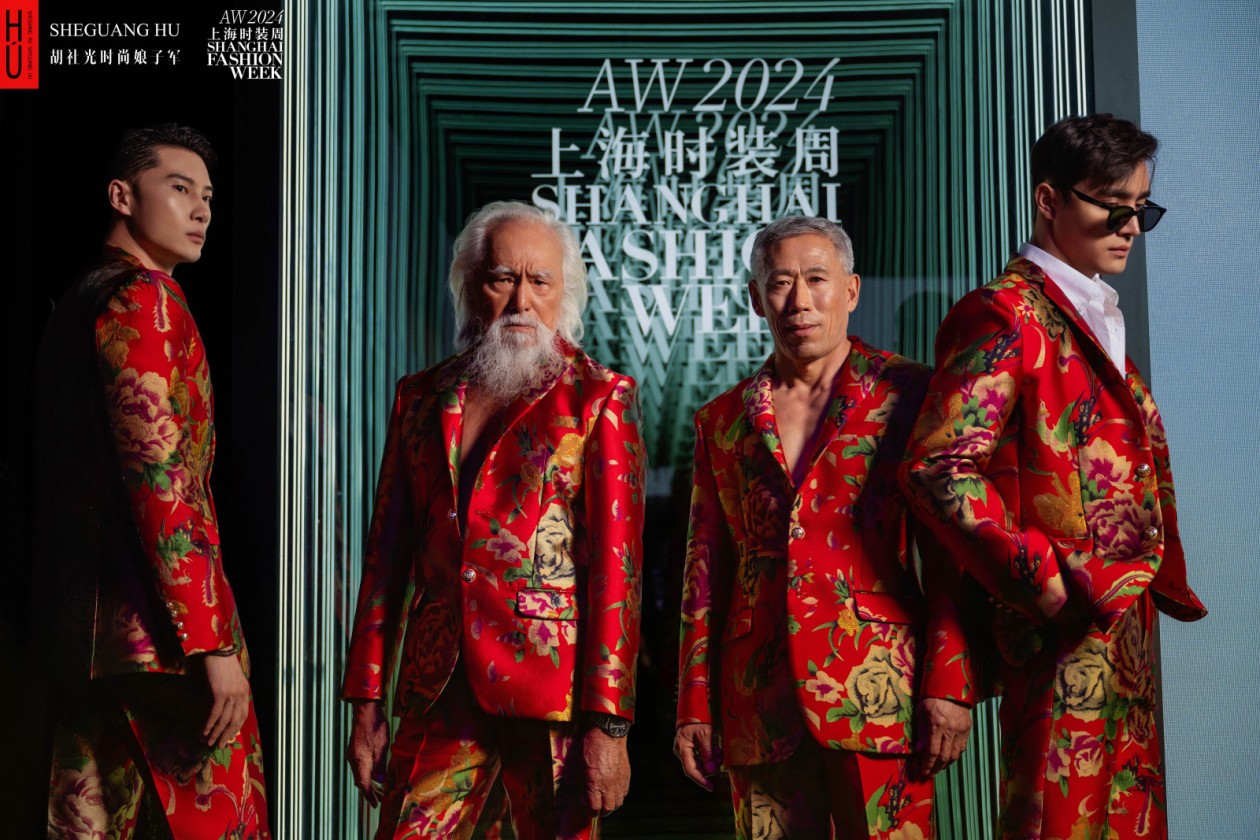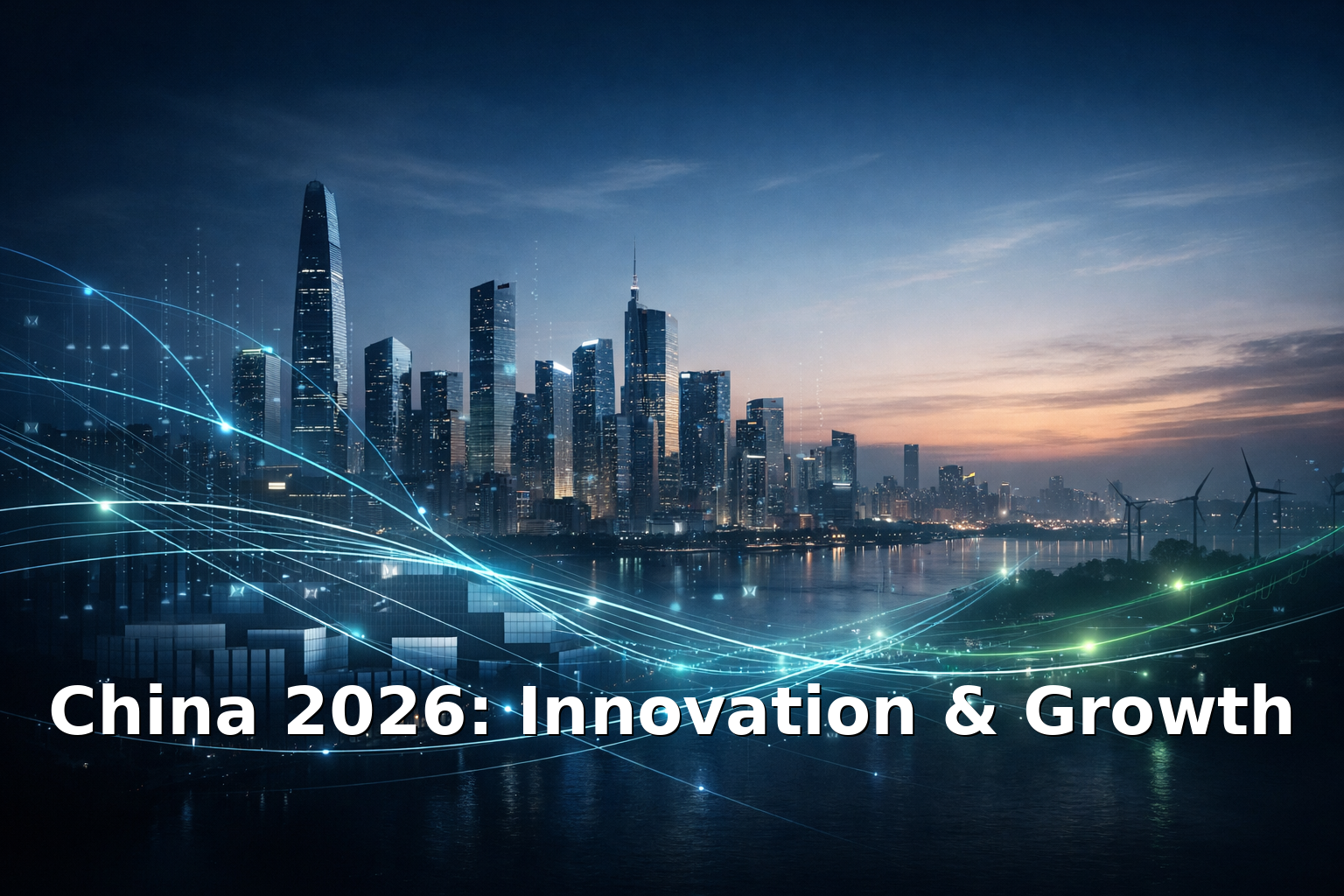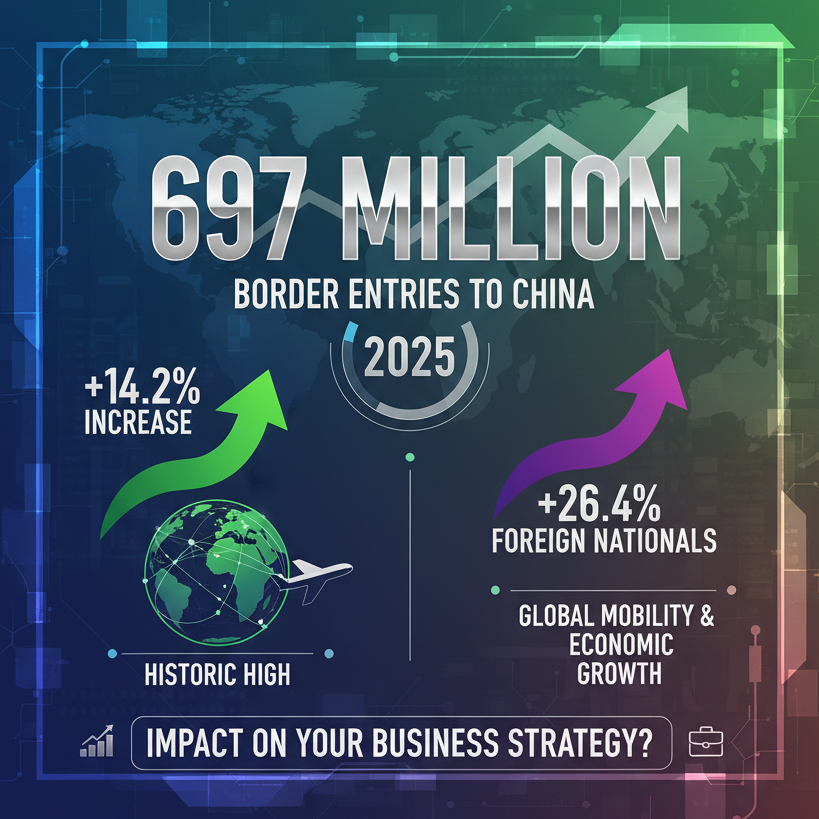
The metaverse era may be the final stage of the digital economy. A report from Tianfeng Securities pointed out that the development of the digital economy is reflected in different types of digital expressions in different eras. In the Internet age, the digital economy is mainly the expression of 2D information; in the last decade, the industry has acquired the technology to create a 3D world. When technology can support in the virtual world, people are expected to face the stage close to 4D, that is, the symbiosis of virtual and reality.
At present, the metaverse has three forms: virtual space, augmented reality, and parallel world. The virtual space is a completely different pure virtual space, which has nothing to do with the real world. Users can "project" themselves into this world through hardware devices, and immerse in this world through their own virtual images. Augmented reality is somewhat similar to the virtual projection and virtual interface operation provided by the robot assistant. In the augmented reality world, people are still active in the real world, and virtual content helps people to better experience their current life. Parallel worlds, also known as digital twins, are modeled apple to apple after real cities. The parallel world and the real world reflect each other without affecting each other. The industry believes that the main application scenarios of the parallel world include smart cities, autonomous driving, and the industrial Internet.
HuaAn Securities believes that the Metaverse industry chain can be divided into four segments: underlying technologies such as 5G, AI, and blockchain, human-computer interaction devices such as VR/AR, new-generation development tools, and applications and contents that ultimately reach consumers.
In recent years, 5G, AI, blockchain, VR/AR, and other fields are achieving marginal growth. With the increase of the 5G penetration rate worldwide, the increase of AI computing power, the expansion of the application scope of blockchain technology, and the increase of VR hardware shipments, the rapid development of upstream software and hardware technology has laid the foundation for the Metaverse ecology.
In November 2021, Facebook changed its name to Meta and entered the metaverse. This event ignited the domestic metaverse upsurge. In August 2021, ByteDance won over Tencent, which participated in the bidding together, with a high price of 9 billion yuan, and successfully acquired Pico, a VR head-mounted display manufacturer. This acquisition also marks that ByteDance has ventured into the metaverse. In June 2022, Tencent officially announced for the first time that it has established an XR business line integrating software and hardware. On September 26, Tencent and Accenture released the "Full True Internet White Paper", which was the first interpretation of this future-oriented technology system and application scenarios after Ma Huateng proposed "Full True Internet".






